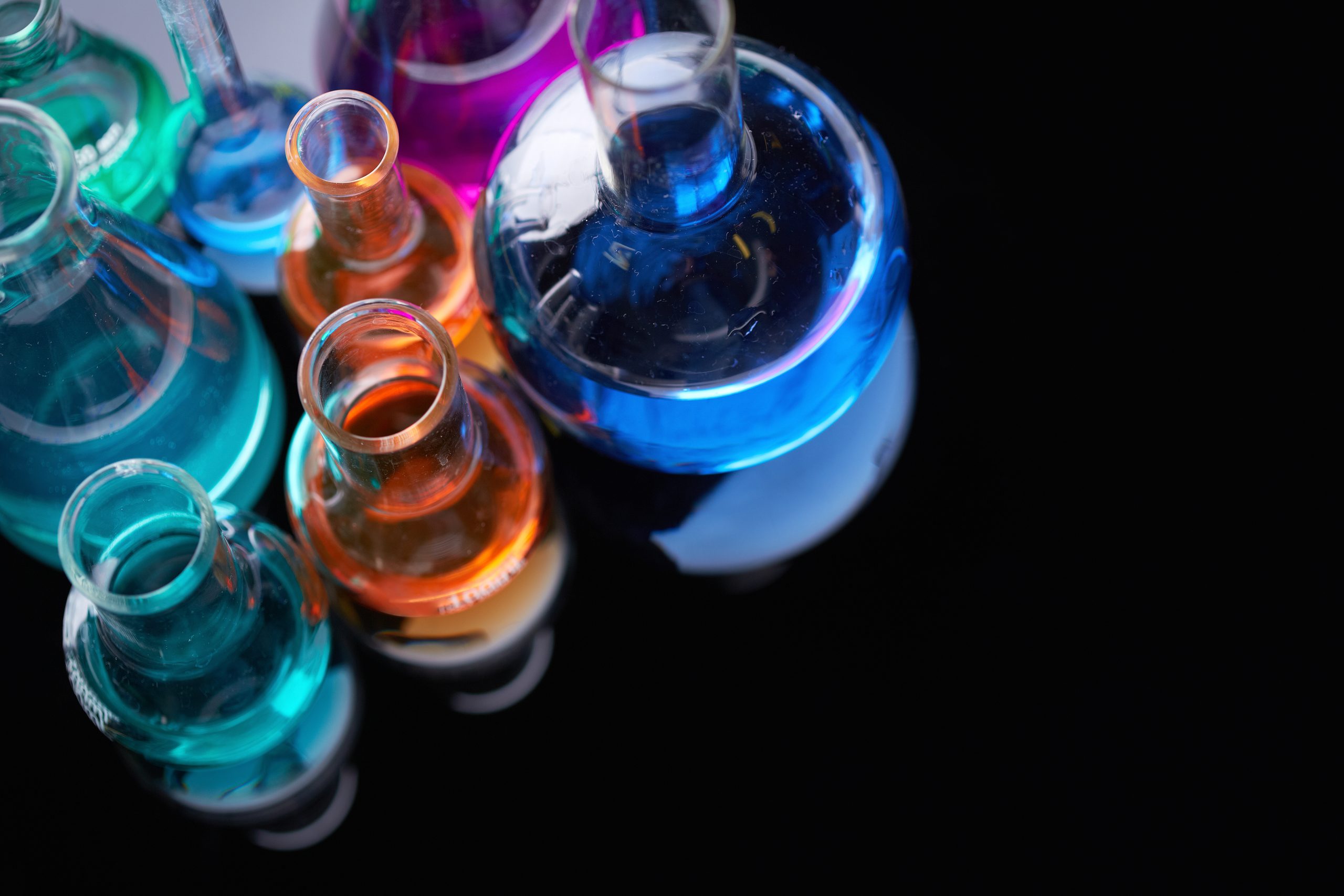On June 26, 2024, Rhode Island took an important step in environmental protection and public health by passing Bill S2152, which regulates the use of Perfluoroalkyl and polyfluoroalkyl substances (PFAS) in various consumer products. Often referred to as “forever chemicals” due to their persistence in the environment and the human body, PFAS have been linked to a variety of health problems, including cancer, liver damage and immune system impairment. The new legislation makes Rhode Island a leader in efforts to curb the widespread use of these harmful substances.
Overview of Legislation
Bill S2152 specifically targets the deliberate addition of PFAS to products commonly found in households and used every day by consumers. The legislation defines PFAS as any member of the class of fluorinated organic chemicals containing at least one fully fluorinated carbon atom, a broad definition that covers a wide range of chemicals in this group.
The Regulation will be implemented in phases with different effective dates depending on the product category:
- Carpets and Rugs: From January 1, 2027, the sale of carpets and rugs with intentionally added PFAS will be banned. This early implementation date reflects the widespread use of PFAS in these products, often for stain resistance, and the significant potential for human and environmental exposure.
- Cookware, Cosmetics, Fabric Treatments, Children’s Products, Menstrual Products, Ski Wax, Textiles and Artificial Grass: From January 1, 2029, these categories will be prohibited from containing intentionally added PFAS. This wide range of products includes many everyday products that may not have previously been associated with PFAS by the average consumer.
- Outdoor Clothing for Severe Wet Conditions: Although PFAS are also banned in these products, the legislation contains an exception. If PFAS are used, the product must be clearly labeled as “Made with PFAS chemicals” from January 1, 2029. This labeling requirement aims to provide transparency for consumers and allow them to make informed choices about the products they buy.
Implications and Industry Response
This legislation marks a significant shift in the regulation of PFAS, particularly in consumer products. It reflects growing concerns about the environmental and health impacts of these chemicals, which are found worldwide in water supplies, wildlife and even human blood.
The response of the sectors affected by this legislation is likely to vary. Some manufacturers may need to reformulate their products to comply with the new regulations, while others may embrace the changes as a step towards greater sustainability and consumer safety. The labeling requirement for outdoor clothing is a notable compromise, allowing consumers who rely on the performance of PFAS-treated products in harsh conditions to still have access to these products, but with full knowledge of their chemical content.
Rhode Island’s proactive approach can serve as a model for other states and countries considering similar measures. As awareness of the dangers posed by PFAS grows, this legislation represents a critical step in reducing their prevalence in everyday products, and therefore in the environment and human health.




